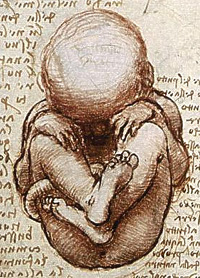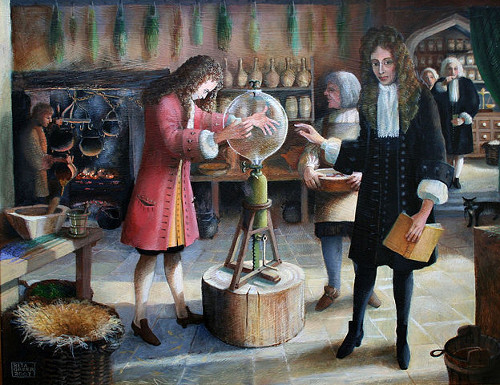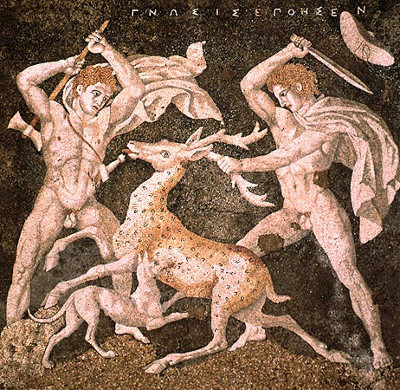Index entries in Thomas De Quincey’s Collected Writings, 1896:
Aldermen not necessarily gluttons
Anecdotes, on eating peas with a knife
Bed, early retirement to, of the Ancients
Christenings, Royal, often hurried
Coffee, atrocious in England
Cookery, English, the rudest of barbarous devices
Devonshire men good-looking
Fleas in Greece
Greece, Ancient, its people a nation of swindlers
Horses, weeping
Johnson, Dr, at dinner, an indecent spectacle
Leibnitz, died partly from the fear of not being murdered
Lisbon earthquake and its effect on the religion of Germany
Muffins, eating, a cause of suicide
Music, English obtuseness to good
Pig-grunting, mimicry of
Rhinoceros, first sale of a
Servants, England the paradise of household
Solon, what did he do for Homer?
Spitting, art of
Talk, too much in the world
Toothache, that terrific curse
Waterton’s adventure with a crocodile
Women, can die grandly
“If once a man indulges himself in murder, very soon he comes to think little of robbing; and from robbing he comes next to drinking and Sabbath-breaking, and from that to incivility and procrastination,” he wrote in Murder Considered as One of the Fine Arts. “Once begun upon this downward path, you never know where you are to stop. Many a man has dated his ruin from some murder or other that perhaps he thought little of at the time.”






